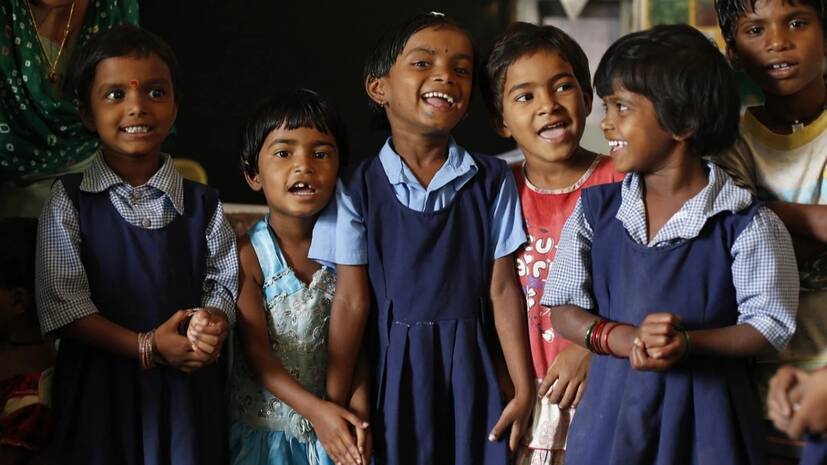

When a state does not implement the schemes launched by the Central Government due to political differences, it negatively affects common people, who are the beneficiaries. If these schemes are not creating a crisis in the state, delaying their implementation prevents beneficial changes and causes the state to fall behind others in many areas. Ignoring the Centre's instructions repeatedly can also lead to financial support being stopped for some schemes. This may even result in financial crises.
In 2022, the Centre had asked Kerala to set the minimum age for admission to Grade 1 at six years. This was part of the National Education Policy 2020 and was based on scientific studies showing that children are ready for formal education only after six years of age. However, states like Kerala refused to make this change, considering that pre-primary education usually begins for most children here from the age of three. Kerala decided not to implement the directive due to political opposition to the Central Government's education policy. Now, Kerala has decided to follow the directive, setting political differences aside.
From June 2026, the minimum age for admission to Grade 1 will be six years in Kerala. For the academic year starting this June, only children aged five will be admitted. This requirement will apply to CBSE schools as well. In Kerala, Kendriya Vidyalayas, Navodaya Vidyalayas, and Sainik Schools have already implemented the six-year age rule. Developed countries follow a similar practice, where children start studying in Grade 1 at the age of six. Studies by education experts suggest that six-year-olds can sit in class with discipline and focus on their studies better.
Currently, 52% of children admitted to Grade 1 in Kerala are six years old. The Education Minister, V. Sivankutty, supports this move to encourage alignment with international standards. Additionally, some schools conduct entrance exams for Grade 1 admissions, which is unhealthy. The government aims to ban such exams and also prevent schools from charging large capitation fees. The new policy calls for improvements in preschool education. Unqualified individuals teaching young children can negatively impact their studies. Therefore, the education department should also introduce registration for running nursery schools which sets various necessary conditions to be fulfilled.